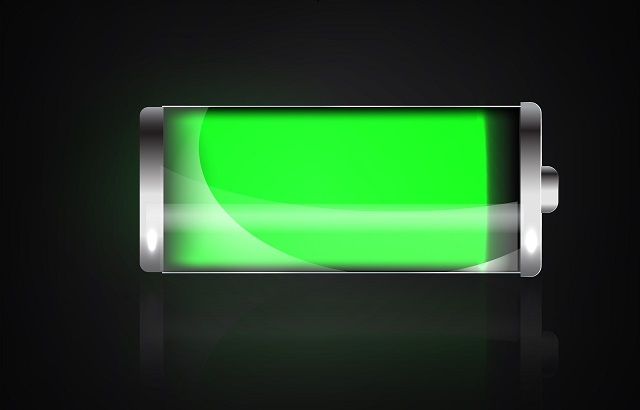The EIB and Hydrogen Europe have entered into an advisory services agreement to look for and examine projects that the bank could provide with financing.
Hydrogen Europe is an umbrella association representing the interests of the hydrogen and fuel cell sectors.
The consultancy agreement with the EIB will work alongside the European Hydrogen Strategy, which aims to boost the use of the gas as a fuel source to 14% by 2050.
It currently sits at 2%.
In order to reach production capacity within the EU for hydrogen by 2050, the European Hydrogen Strategy has calculated that somewhere between €180bn and €470bn will be required.
Market outreach
According to a statement from the EIB: “Under the agreement, the EU bank will provide financing advisory support for hydrogen projects introduced by Hydrogen Europe. Furthermore, it will cooperate on market development initiatives and conduct joint market outreach. Finally, the agreement will help to develop dedicated EIB financing products for green hydrogen.”
The agreement is the latest in the bank’s investments in green technology. It claims, in the last eight years, that it has provided over €2bn in advisory and financial support to hydrogen-based projects and businesses.
The link-up between the EIB and Hydrogen Europe comes at the same time as Bloomberg’s Renewable Energy Investment Tracker 1H 2021 is released.
That report found a mixed picture for renewable investments, stating that while global new investment had increased 2% compared to H1 2020, it was 7% lower than the second half of last year. Bloomberg did not provide any data for comparison, but it would appear that European investment, which totalled $35.21bn in the first half of this year, decreased slightly between H1 2020 and H1 2021.
Interestingly, this comes after the Chinese government said that it would no longer subsidise a host of new projects, a move that came into power on 1 August. That move was reportedly a response to a backlog of subsidy payments totalling $62.64bn.







